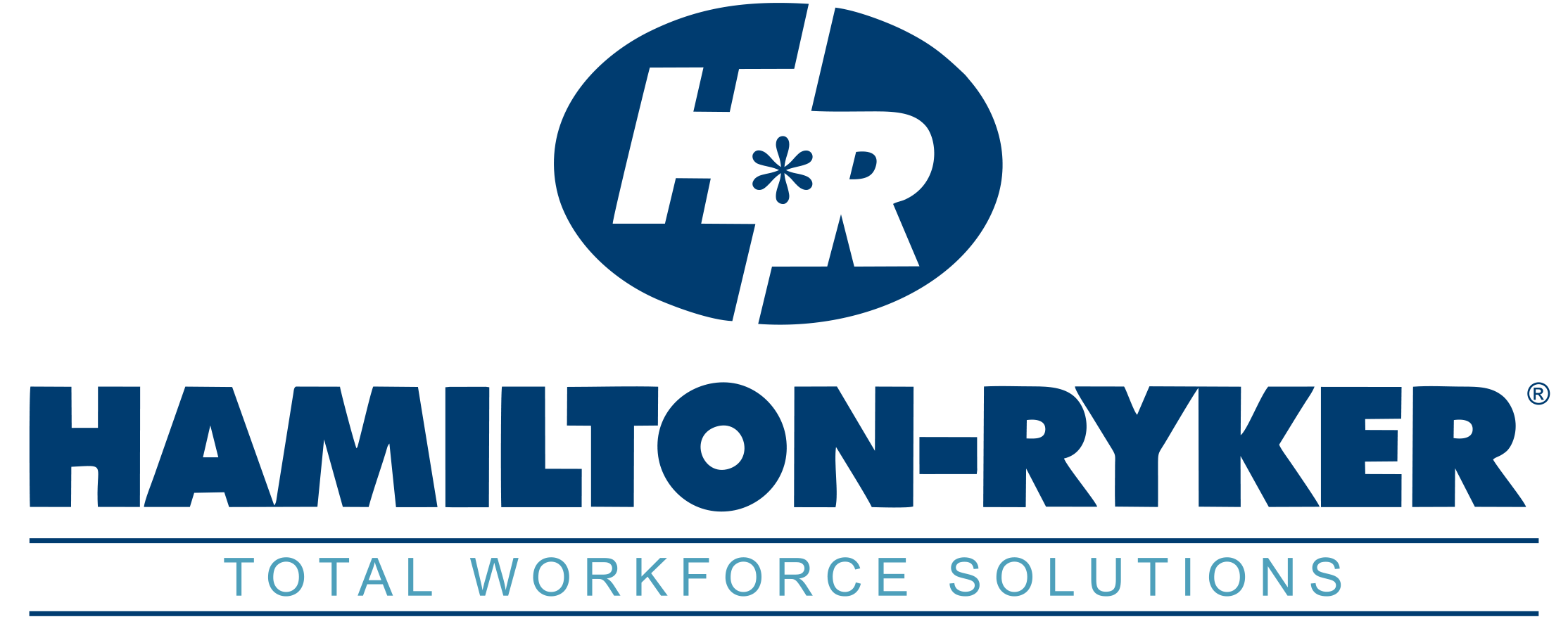Don’t Make These Body Language Mistakes During Your First Interview!
When preparing for a job interview, most candidates focus on what they’re going to say when answering the questions they’re likely to encounter. However, your body language and nonverbal cues are also critical to the success equation. Various gestures – both conscious and unconscious – can convey messages to the hiring manager, and they may not be statements you’d want to make during such a critical meeting.
Fortunately, by knowing what body language isn’t received positively, you can avoid certain mannerisms that could hurt your chances of getting the position.
Here’s a look at some common body language mistakes you want to avoid.
A Lack of Eye Contact
A lack of eye contact usually conveys that a candidate lacks confidence, making them seem fearful of meeting the hiring manager’s gaze. It could even be interpreted as the job seeker being untrustworthy, as people attempting to hide something may unconsciously avoid eye contact.
Ideally, you want to make eye contact with the hiring manager in a cycle. Meet their gaze for a couple of seconds, glance away for a beat, then make eye contact again. This rhythm feels natural, and it shows that you’re engaged and believe in what you’re stating.
If you’re participating in a video interview, remember that looking at the hiring manager’s eyes on the screen won’t mimic eye contact. Instead, you’ll seem to be looking down, so you want to make eye contact with the camera, not the screen, to convey the right message.
Too Much Eye Contact
While no or limited eye contact is a problem, too much eye contact comes across as overly intense or forceful. It can also make it seem like you’re trying to sell a lie by forcing excessive eye contact, which is disconcerting. As a result, it’s best to use the rhythm described above, as it strikes a solid balance.
Fidgeting
Fidgeting can come across in one of two ways in most cases. First, it may make a candidate seem nervous, anxious, or hyper, as if they have energy that they can’t contain. Second, it can be interpreted as a sign of disinterest or boredom, which leads a hiring manager to assume a job seeker isn’t particularly enthusiastic about engaging with them or the opportunity.
While some movement during an interview is, of course, acceptable, make sure it doesn’t cross into fidgeting. Watch for bouncing leg movement, hair twirling, or similar actions. Similarly, avoid handling and manipulating objects like pens.
Crossed Arms
Crossing your arms in front of your chest is usually interpreted as a closed-off or defensive posture. Essentially, it causes candidates to seem disinterested or resistant to what the hiring manager shares. At times, crossed arms may even be viewed as a sign of contempt.
Ideally, candidates need to keep their posture open. This makes the job seeker come across as engaged and receptive, making a better overall impression.
If you’d like to learn more about how you can make a better impression during a job interview or are looking for a new position with a leading employer, Hamilton-Ryker wants to hear from you. Take a look at our job listings or contact one of our recruiters today.


